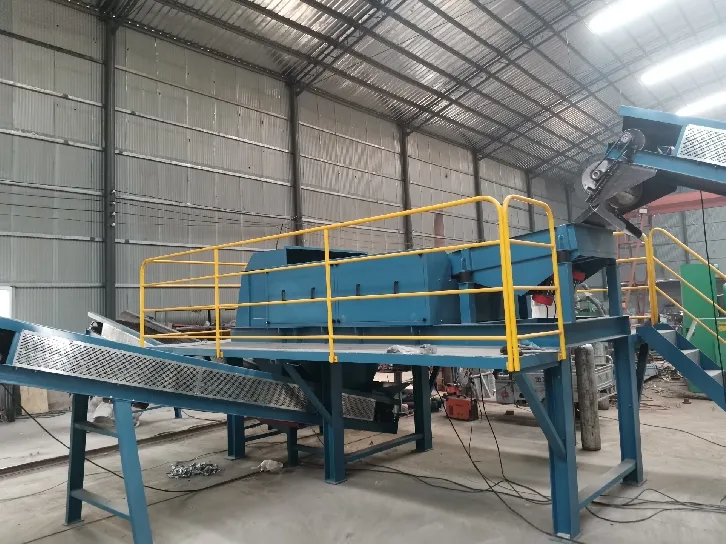

ធ្នូ . 19, 2024 01:10 Back to list
Disposing of a broken TV can be a challenging task, especially with the various considerations involved, including environmental impact, potential hazards, and local regulations. In today's world, where electronic waste (e-waste) is a growing concern, it is important to approach the disposal of a broken TV responsibly. This article will guide you through the best practices for disposing of a broken television in an environmentally friendly manner.
First and foremost, it is crucial to assess the condition of your broken TV. If the television is still functioning but experiencing some issues, it might be worth considering repairs. Many local electronics shops offer repair services, and depending on the nature of the problem, these repairs may be cost-effective compared to buying a new TV. If the repair is possible and economical, it could extend the life of the device and reduce waste.
Retailer take-back programs are another great option for disposing of a broken TV. Many major electronics retailers offer services to take back old devices when you purchase a new one. This is often a convenient option and ensures that your old television is recycled or disposed of in a proper manner. Before making a purchase, inquire about the retailer’s policies regarding e-waste disposal and make sure they comply with environmental standards.

If you don’t have access to recycling programs or retailer take-back options, consider donating your broken TV if it can be repaired or if parts are still functional. Certain organizations or charities specialize in refurbishing electronics and may accept non-working devices for repair or parts. This route not only helps reduce e-waste but also supports community initiatives. However, ensure that the organization you choose is capable of handling electronic waste safely.
Another option is to use online platforms or local classified ads to sell or give away your broken TV. Some individuals or small businesses may be interested in acquiring non-functional electronics for parts or repair projects. Just be sure to provide an accurate description of the TV's condition to avoid any misunderstandings.
If none of these options are feasible, as a last resort, you may have to dispose of the TV in your regular trash. However, this is not recommended due to environmental concerns. Electronics often contain hazardous materials that can leach into the soil and water supply when sent to landfills. Therefore, always prioritize recycling and proper disposal methods over simply throwing the device away.
In conclusion, disposing of a broken TV requires careful consideration and a responsible approach. Whether through repair, recycling, donation, or responsible disposal, taking the time to explore your options will not only minimize environmental impact but also contribute positively to your community. By making informed decisions about e-waste, we can all play a part in creating a healthier planet for future generations.
Latest news
Troubleshooting Common Eddy Separator Problems
NewsJul.04,2025
The Role of Metal Recycling Plants in Circular Economy
NewsJul.04,2025
The Impact of Recycling Line Pickers on Waste Management Costs
NewsJul.04,2025
Safety Features Every Metal Shredder Should Have
NewsJul.04,2025
How Industrial Shredders Improve Waste Management Systems
NewsJul.04,2025
How Cable Granulators Contribute to Sustainable Recycling
NewsJul.04,2025